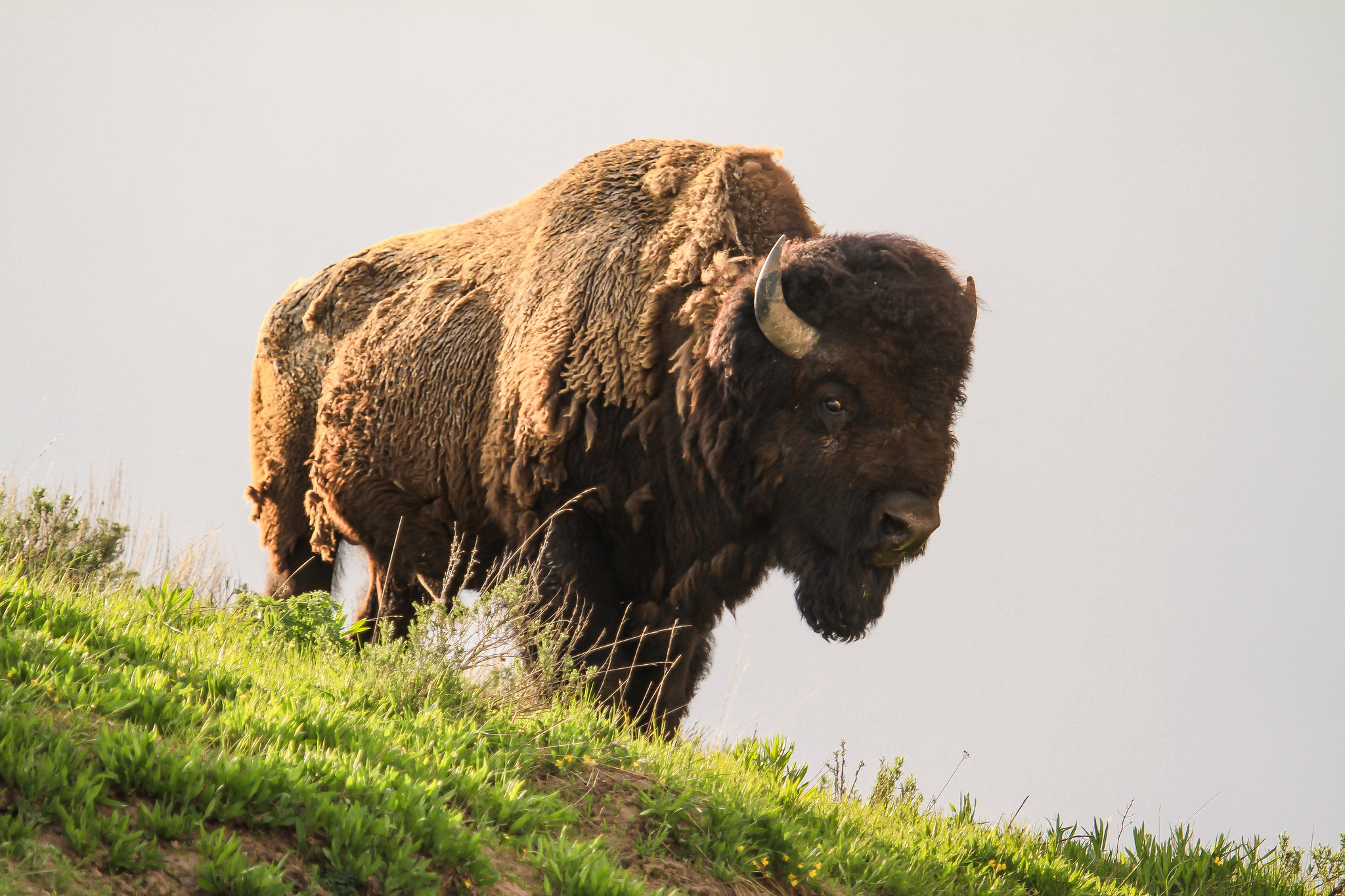Animals
 Climate change may affect animal agriculture in a variety of ways. These include the ability to produce feed-grain, the quality of pastures and forage crop production, animal health, growth, and reproduction, and disease and pest distributions.
Climate change may affect animal agriculture in a variety of ways. These include the ability to produce feed-grain, the quality of pastures and forage crop production, animal health, growth, and reproduction, and disease and pest distributions.
Outside of their ideal temperature range, animals need to conserve or shed heat to maintain productive. Optimum animal core body temperature is often maintained within a 2°C to 3°C range. For many species, deviations of core body temperature in excess of 2°C to 3°C cause disruptions of performance, production, and fertility that limit an animal’s ability to produce meat, milk, or eggs. Deviations of 5°C to 7°C often result in death. These changes can slow animals’ growth and reduce reproductive rates, which can increase costs for animal producers and consumers. Because of these impacts, changes in temperature associated with climate change may have an effect on the productivity of animal agriculture.
Continue to the full text Animal Agriculture in a Changing Climate or browse related content:
-
Sustainable Dairy Cropping at Penn State
Penn State University researchers are studying cropping systems that can make dairy farming more sustainable in the…
-
R&G Miller and Sons Organic Dairy Farm, Wisconsin Case Study
R&G Miller & Sons Inc., an organic dairy in the Southern Wisconsin, wants to maintain their commitment to…
-
Tribal Climate Adaptation Menu
The Menu is an extensive collection of climate change adaptation actions for natural resource management with tribal…
-
Vermont Farmer Profiles
Capstone students are helping us hear the stories of farmers who are adapting to climate change.
-
Drought Vulnerability Assessment to Inform Grazing Practices on Rangelands
The USDA Southwest Climate Hub and Natural Resources Conservation Service (NRCS) worked together to produce two drought…
-
Assessment of Climate Change Vulnerability and Adaptation and Mitigation Strategies
A report describing the potential vulnerability of crops, forests and animal agriculture to climate-driven…
-
UVM Dairy Farming Research
Research at dairy farms in Vermont shows how management practices can affect water quality, economics, and greenhouse…
-
SARE Resource: Cultivating Climate Resilience on Farms and Ranches
Cultivating Climate Resilience on Farms and Ranches outlines the new challenges that changing weather patterns pose in…
-
Drought and Rangelands: Effects and Management Responses
Droughts can result in reduced growth rates, defoliation, and increased stress on vegetation, with accompanying…










